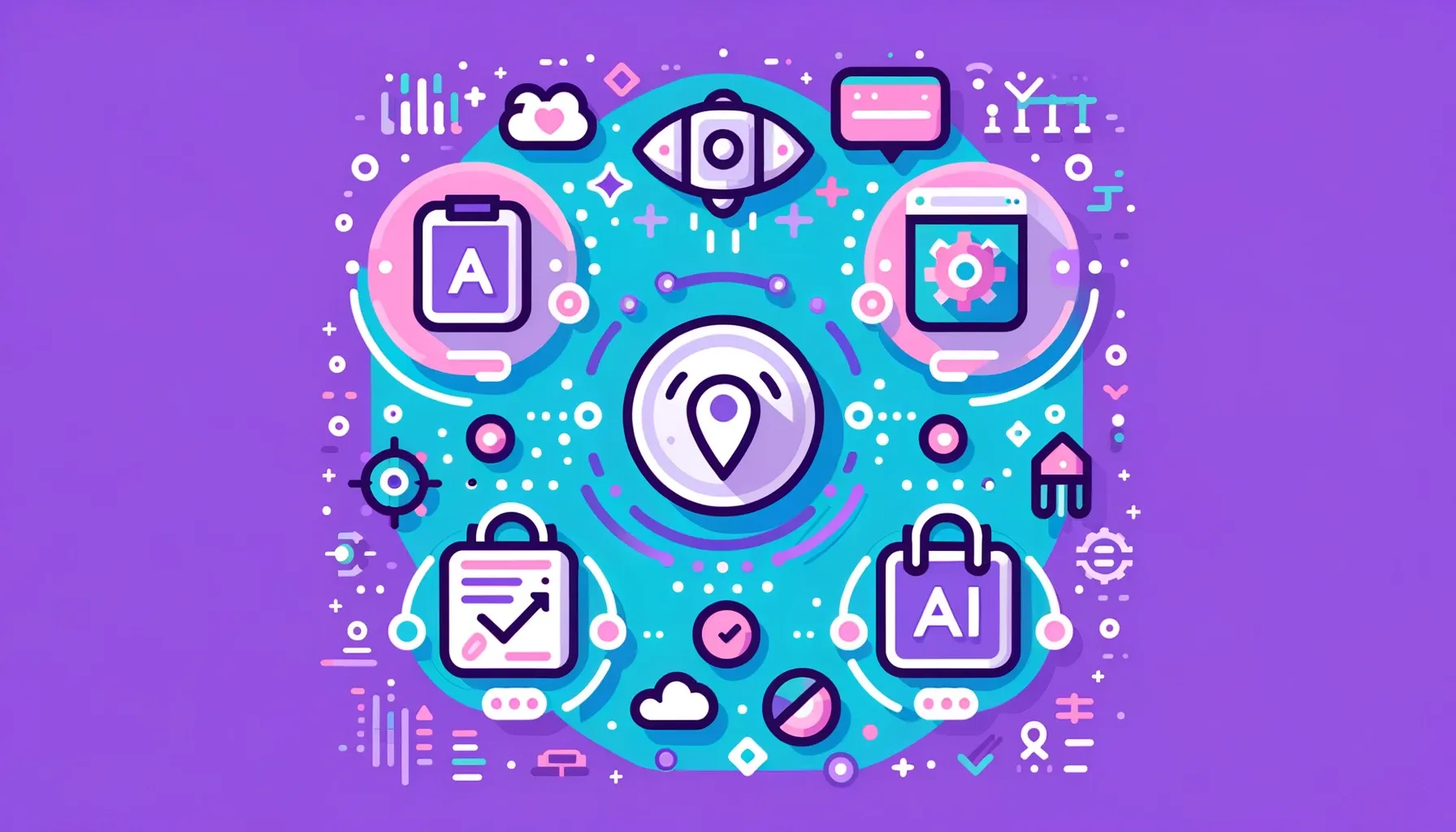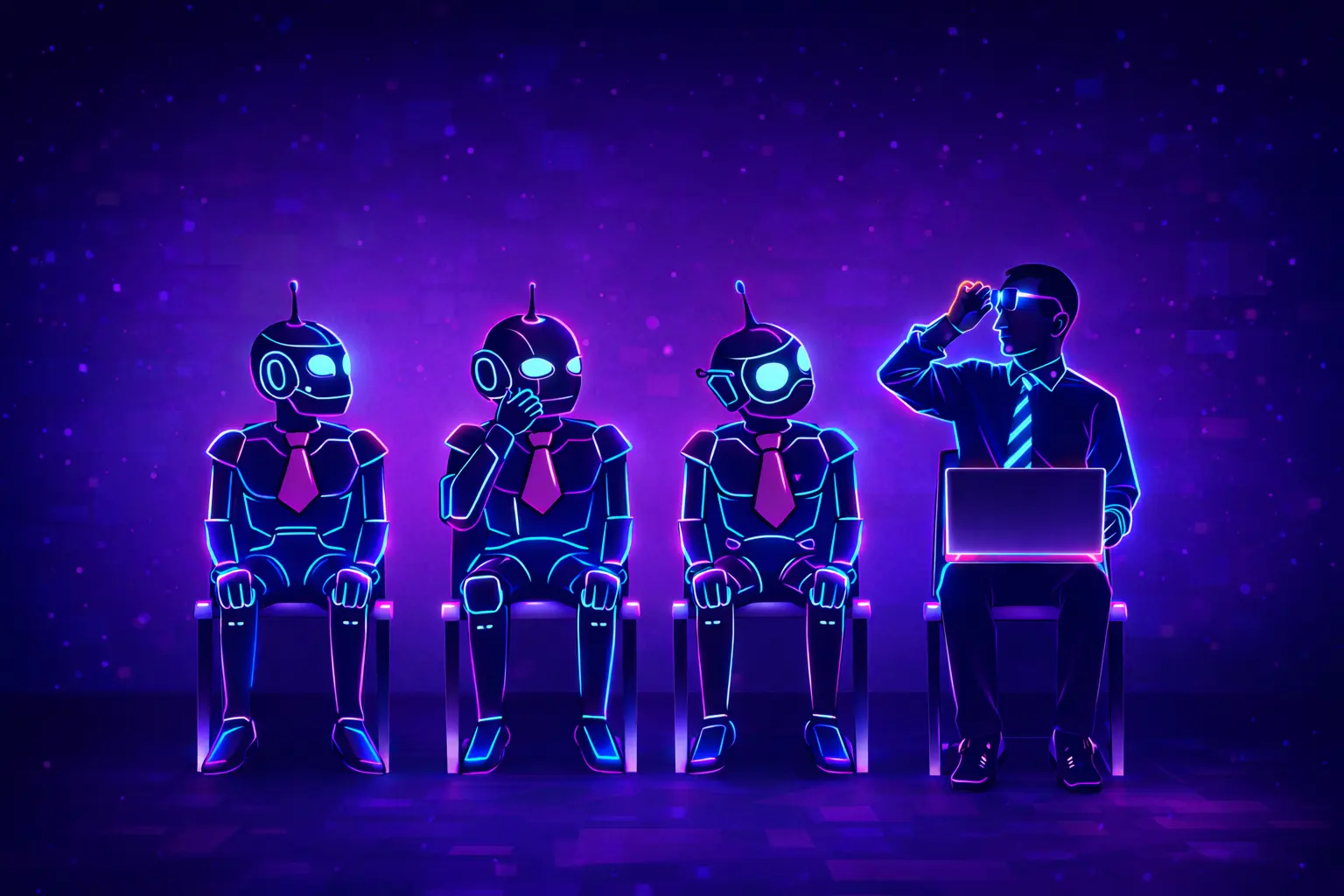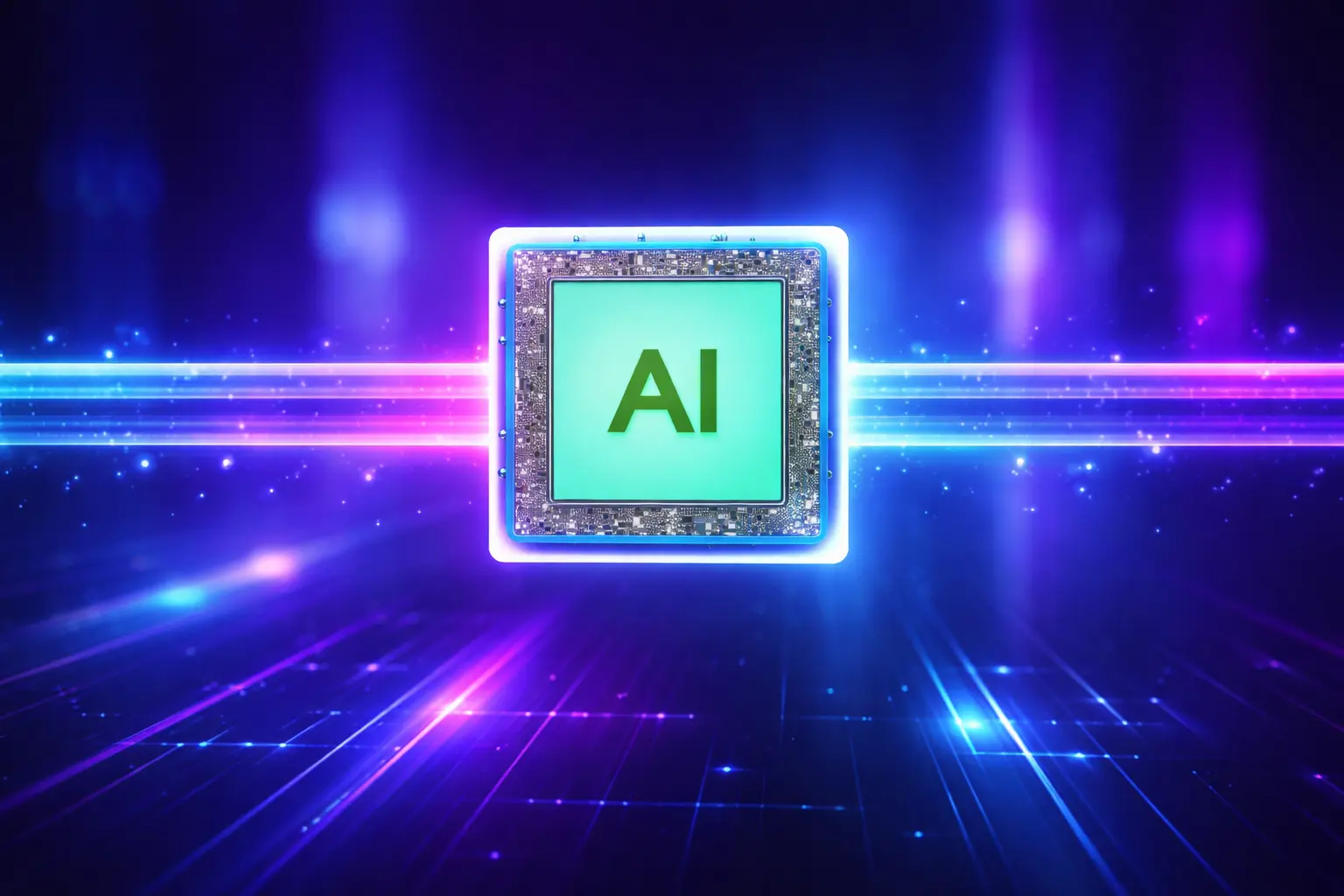
In today's fast-paced world of artificial intelligence (AI), businesses and developers are increasingly focusing on the differences between General GPT and Custom GPT models.
What makes each model unique?
How do they stand apart in their strengths and when might one be more suitable than the other?
This article will explore these questions, shedding light on the core aspects of each model.
We'll also take a closer look at 10Clouds' Custom GPT services to give you the insights you need to make informed decisions about incorporating AI into your operations.
Understanding General GPT Models: A Broad Overview
General GPT models, such as OpenAI's GPT-3, are designed to be versatile, capable of performing a wide array of tasks right out of the box. These models are trained on vast datasets, enabling them to generate human-like text, answer questions, and even create content across various domains.
Their strength lies in their adaptability, making them suitable for applications where a broad knowledge base is essential.
However, this versatility can sometimes be a double-edged sword, as the "one-size-fits-all" approach may not always provide the level of specificity or customization that certain tasks require.
The Rise of Custom GPT Models: Tailoring AI to Your Needs
Custom GPT models represent a tailored approach, where the model is either built from scratch or significantly modified to cater to specific needs.
These models can adopt personas, adhere to particular styles, or focus on niche topics, offering a level of personalization that general models or any version of ChatGPT cannot.
Custom GPTs are particularly valuable when the task at hand requires deep domain knowledge, like in healthcare, or when the AI needs to align closely with brand voice and guidelines.
The development of custom GPT models, however, demands more resources, including time, data, and expertise in AI model training.
Custom GPT vs. General GPT Chatbots: Highlighting Key Differences
The primary distinction between General and Custom GPT models lies in their application scope and customization level.
While General GPTs offer a broad range of capabilities with minimal setup, Custom GPTs excel in delivering highly specialized content, interactions, or solutions and performing custom actions.
This personalization enables businesses to leverage AI in ways that closely align with their specific goals, whether it's enhancing customer service, streamlining operations, or creating unique content.
Deep Dive into Use Cases: General vs. Custom GPT Models
General GPT Models have found their place in a variety of applications due to their versatility.
For instance, they are widely used in content generation for blogs and social media, where their ability to produce diverse and engaging content quickly is invaluable. Additionally, they serve as the backbone for customer service bots, providing answers to frequently asked questions and guiding users through websites or services.
Custom GPT Models, on the other hand, shine in scenarios where specialized knowledge or a particular tone of voice is required. In the healthcare sector, Custom GPT models can be trained on medical literature to assist in diagnosing or providing preliminary medical advice. In the legal field, they can help parse through laws and regulations to offer insights on legal queries. These models are tailored to understand the nuances of specific domains, offering more precise and relevant responses than their general counterparts.
The Technical Divide: Building Custom GPTs on a Solid Foundation
The technical foundation of General GPT Models involves training on a broad dataset, encompassing a wide range of topics. This approach ensures the model has a general understanding of language and can generate responses across various subjects. However, it might lack depth in specialized areas.
Custom GPT Models are developed by fine-tuning General GPT models on specific datasets. This process involves additional training where the model is exposed to a concentrated dataset relevant to a particular domain or task. This fine-tuning allows the model to develop a deeper understanding of the subject matter, enabling it to generate more accurate and contextually relevant responses.
Navigating Challenges: Implementing Custom GPT Solutions
Implementing General GPT Models can sometimes lead to generic responses that may not fully satisfy specific user queries. To mitigate this, businesses can incorporate a layer of customization through prompt engineering or by integrating the GPT model with domain-specific databases.
For Custom GPT Models, the challenges often revolve around gathering a sufficient and relevant dataset for fine-tuning and the ongoing need for model updates to keep up with new information. Solutions include leveraging existing data repositories, crowdsourcing data collection, or partnering with data providers. Additionally, setting up a system for continuous learning can help keep the model updated.
The Horizon of Custom GPT: Ethical Considerations and Future Trends
The future of GPT models is likely to see advancements in adaptability and efficiency. Hybrid models that combine the versatility of General GPT with the specificity of Custom GPT could emerge, offering the best of both worlds. Furthermore, advancements in unsupervised learning might reduce the need for extensive datasets for fine-tuning, making Custom GPT models more accessible.
Deploying GPT models, whether General or Custom, raises ethical considerations such as data privacy, bias in AI responses, and the potential for misuse. Addressing these concerns involves implementing robust data handling policies, conducting bias audits, and establishing ethical guidelines for AI use.
When to Decide to Create Your Own Custom GPT
Choosing between a General GPT and a Custom GPT model depends on several factors, including the project's complexity, the required level of personalization, and available resources.
Custom GPT models are ideal for projects where deep domain expertise is crucial.
A high degree of personalization is needed to match the brand's voice or specific user preferences. Unique functionalities or behaviors not covered by general models are required.
10Clouds' Custom GPT services exemplify how businesses can benefit from tailored AI solutions, offering everything from ChatGPT integration for personalized user experiences to advanced GPT development services for bespoke AI applications.
Create a Custom GPT with 10Clouds
10Clouds stands at the forefront of Custom GPT development, providing services that span from integrating ChatGPT into business operations to developing customized GPT models for specific applications.
Our expertise in leveraging the latest GPT-4 model ensures that businesses can harness the power of AI in ways that are both innovative and aligned with their unique requirements.
Whether it's enhancing educational platforms, streamlining customer interactions, or creating tailored content, 10Clouds' Custom GPT services offer a pathway to AI-driven excellence.
Expanding the Horizon with Custom GPT
The potential applications for Custom GPT models are vast and varied.
In sectors such as healthcare, finance, and legal, where specialized knowledge is paramount, Custom GPT can provide insights and solutions tailored to the unique challenges of these industries.
For instance, a Custom GPT model trained on medical journals and patient data can assist doctors in diagnosing diseases or suggesting treatments, offering a level of precision and efficiency that general models cannot match.
Bridging the Gap with General GPT
Despite the allure of customization, General GPT models remain indispensable for a wide range of applications.
Their ability to understand and generate human-like text makes them ideal for tasks like content creation, customer support, and language translation.
For startups, scale-ups, and small businesses, General GPT models offer a cost-effective way to incorporate AI into their operations without the need for extensive customization.
The Strategic Choice: General vs. Custom GPT
The decision to opt for a General or Custom GPT model should be guided by a strategic assessment of your business's needs, resources, and long-term goals.
While General GPT models provide a quick and versatile solution for a variety of tasks, Custom GPT models offer a competitive edge through tailored AI capabilities that can significantly enhance user experience, operational efficiency, and decision-making processes.
Conclusion: Create a Custom GPT vs Stick to General GPTs
The choice between General GPT and Custom GPT models is not merely technical but strategic, reflecting a business's priorities, goals, and the specific challenges it aims to address with AI.
While General GPT models provide a broad foundation, Custom GPT models offer precision and personalization, enabling businesses to leverage AI in ways that truly differentiate them in the marketplace.
As the AI landscape continues to evolve, the ability to customize and tailor AI solutions, as exemplified by 10Clouds' services, will become increasingly valuable, empowering businesses to unlock new levels of efficiency, innovation, and engagement.
FAQ (Frequently Asked Questions)
How can I create my own custom GPT model for specific tasks?
To create your own custom GPT model, you can start by selecting a base GPT model from OpenAI and then customize it by uploading your dataset for fine-tuning. This process allows you to tailor the AI's responses to your specific needs, whether it's for a custom chatbot, content generation, or other AI-driven applications.
What are the advantages of integrating ChatGPT with custom GPT models?
Integrating ChatGPT with custom GPT models amplifies the effectiveness of your AI solutions, offering 9-18x improvements in conversational capabilities. This combination enables you to personalize the chat experience, automate workflows, and provide precise answers tailored to your audience's needs.
Can I use ChatGPT Plus for enterprise-level custom GPT applications?
Yes, ChatGPT Plus can be leveraged for enterprise-level custom GPT applications, offering enhanced performance, priority access to new features, and the ability to handle a higher volume of requests. This version is ideal for businesses looking to scale their AI operations and provide a seamless user experience.
How does the GPT builder facilitate the creation of custom GPTs?
The GPT builder is a tool that simplifies the process of creating custom GPT models. It provides a user-friendly interface for uploading files, configuring custom instructions, and setting up the model for specific use cases. This tool is invaluable for businesses looking to quickly deploy tailored AI solutions without extensive coding knowledge.
What role does API integration play in customizing GPT models?
API integration is crucial for customizing GPT models as it allows seamless communication between the AI model and your existing systems or platforms. Through APIs, you can automate tasks, upload custom data for model training, and personalize the AI's output to better match your business requirements and user expectations.
How can I ensure my custom GPT model remains up-to-date in 2024?
To keep your custom GPT model up-to-date in 2024, consider regularly reviewing and uploading new datasets to reflect the latest trends, information, and user feedback. Additionally, staying informed about the latest advancements in generative AI and incorporating new features or improvements from OpenAI can help maintain the model's relevance and effectiveness.
What customization options are available for creating a chatbot using GPT?
When creating a chatbot using GPT, you can customize various aspects, including the tone of voice, conversation starters, specific tasks it can perform, and how it handles web browsing or image generation. These customization options allow you to create a chatbot that aligns closely with your brand identity and meets your users' needs.
Are there any considerations for enterprise users when deploying custom GPT models?
Enterprise users should consider the scalability, security, and integration capabilities of custom GPT models. Ensuring the model can handle a high volume of requests, protect user data, and seamlessly integrate with existing enterprise systems are key factors for successful deployment in a business environment.
How can 10Clouds assist in personalizing AI chatbots with Custom ChatGPT models?
10Clouds specializes in developing personalized AI chatbots by leveraging Custom ChatGPT models. Their expertise includes configuring the chatbot to match your brand's voice, customizing responses based on user interactions, and integrating the chatbot into your existing platforms for a seamless user experience.
What future trends in generative AI should businesses be aware of when considering Custom GPT and ChatGPT integration?
Businesses should keep an eye on trends such as the increasing sophistication of natural language understanding, advancements in unsupervised learning that reduce the need for large training datasets, and the development of more intuitive and user-friendly GPT builders. These trends will shape the future of Custom GPT and ChatGPT integration, offering new opportunities for innovation and customer engagement.



